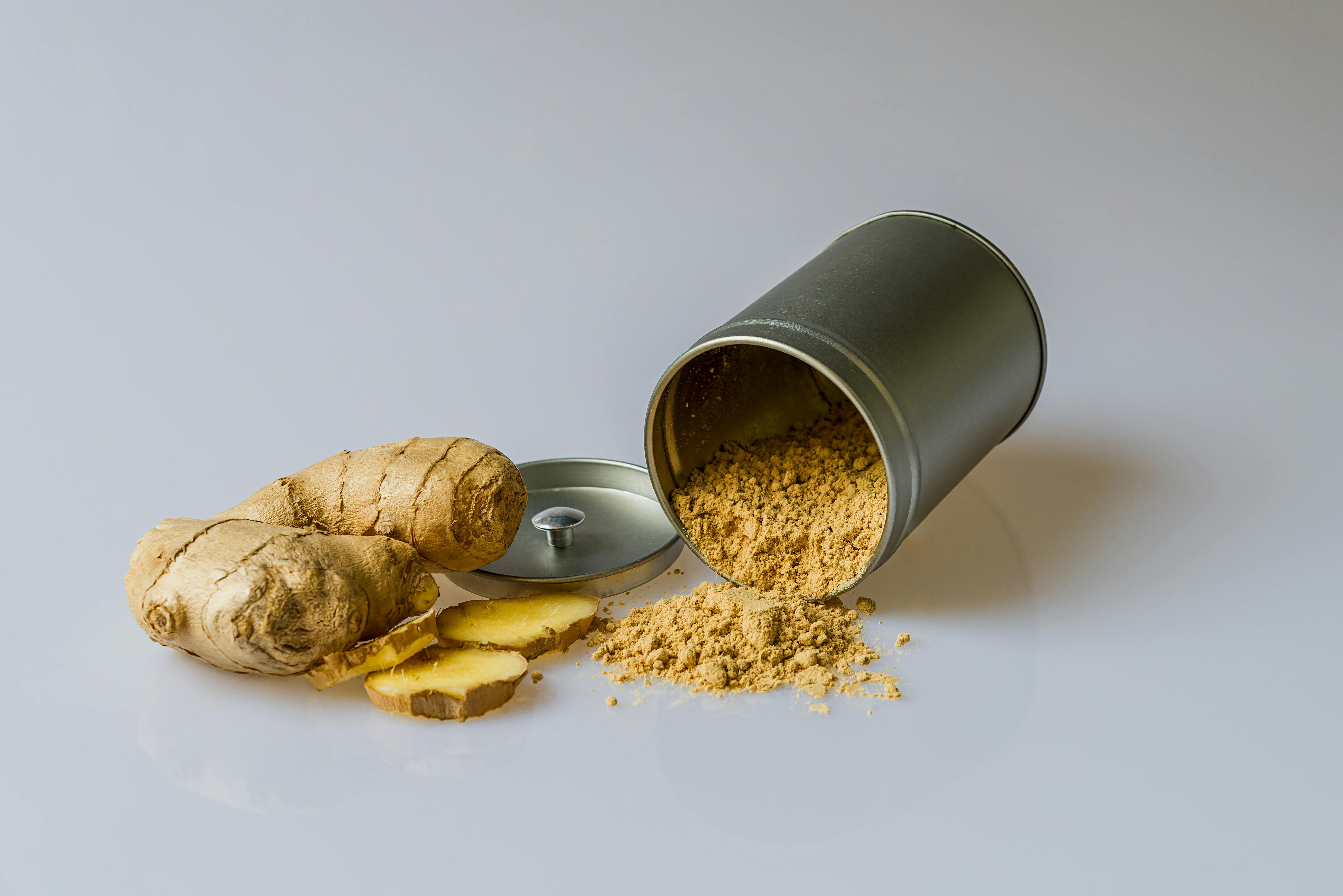Ginger is one of the most widely used food ingredients on the planet today. It is largely from a plant family that includes turmeric and cardamom, which may explain why the health benefits of ginger vary. Ginger is derived from rhizomes; the heart muscle of the ginger rhizome is an underground plant that grows on a flat surface and forms a ground root when leaves and new leaves grow to complete it—buds in this pointy shape at the midpoint along with each stem.
Ginger tonic has been used by the Chinese and Indians for over 4,700 years, and it is beneficial in the Roman Empire market around the coming of Christ due to its therapeutic properties. Here are some ginger health benefits of the unknown.
Stroke and heart disease
Two ginger can be used in large hangers on the planet, especially when eaten with other essential foods. The heart health benefits of garlic, ginger, and onions can strengthen the blood, but when eaten together, they are a strong base against heart attack and stroke!
Comfort and illness
heart benefit ginger
Regardless of whether we want to treat mild stomach ache or morning sickness and nausea, ginger has been used for many years as an effective age guide and characteristic remedy for the disease. . Recently, Taiwanese researchers found that three cases (1.2 grams) of ginger may allow the stomach to produce its contents in the small digestive tract in people with dyspepsia - a condition 40% of patients experience negative effects. The fatigue of the year is greatly delayed.
This is one of the reasons ginger helps those who are digested, blocked, and have other bowel problems. It softens the muscle in your gut and allows food to flow throughout the system.
Infectious diseases
It is one of ginger's most amazing health benefits, and they are slowly being cured; the infectious agent is not resistant to ginger fungal infections against ginger. Of the 29 plant species discussed in Carleton College research, ginger received the best concentration for insect removal award.
Key Ingredients: For a strong anti-aging cream, mix a few drops of unripe ginger oil with tea tree oil and a teaspoon of coconut oil, and apply up to three times a day.
Users of GERD
Since 1980, experts have discovered that ginger can cure stomach ulcers. Especially since recently, Indian researchers have been able to gauge the impact of this restoration. In a study published in the journal Sub-atomic Sustenance and Nourishment Exploration, they found that ginger was six to eight times more potent than Prevacid, the decongestant drug for treating GERD or irritating food!
Pain
Ginger is known for its anti-inflammatory properties. Basically, in the same way, that capsaicin tries to reduce stress, gingerol accompanies the vanilloid receptors located at the end of the visual cortex. Like the negative effects of the copycat you get when you put on hot pepper, ginger leaves last only a moment. Experts have found that it "directly affects the way pain is reduced persecution, which in itself causes suffering. "
Research has found that the health benefits of ginger are not limited to small doses. Ginger may even help reduce dysmenorrhea or menstrual cramps, or menstrual cramps. Clinical trials divided a woman's stunt into two and important dysmenorrhea into two equal groups; Investigators at the time gave them fake treats or ginger in a bag. At the ginger session, 83% described changes in effect, compared with 47% in fake treatment sessions.
Tumor
Working with unaffected mice, College of Minnesota researchers found that three weeks after one week of diet [6] -gingerol slowed down the development of colorectal cancer cells. College researchers in Michigan confirm these findings from malignant ovarian cancer. They found that "ginger treatment of purified ovarian tumor cells caused significant developmental barriers in all the cell lines tested."
The bottom line: The head of the local research and training company, Basil Roufogalis, urges that " a way to control ginger as a pain reliever will no doubt be considered a common tea. Several times a day, but more work and size should be done. of ginger powder is needed per dose to produce the results and the time required between procedures." " For most people, taking 1,000 milligrams of powdered ginger root is compelling - or twice a day consider essential ginger oil.

